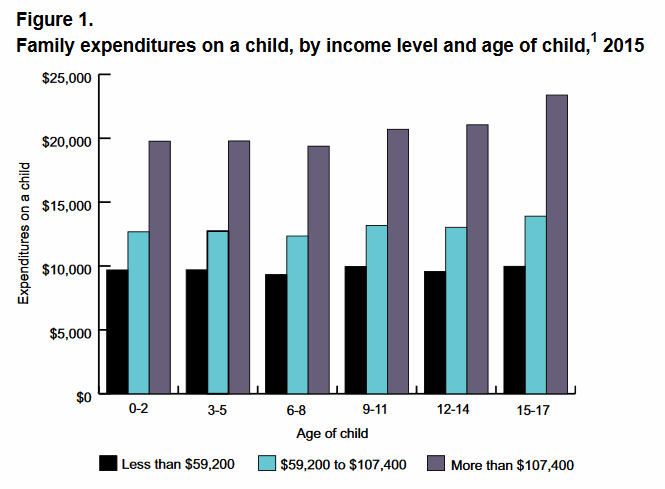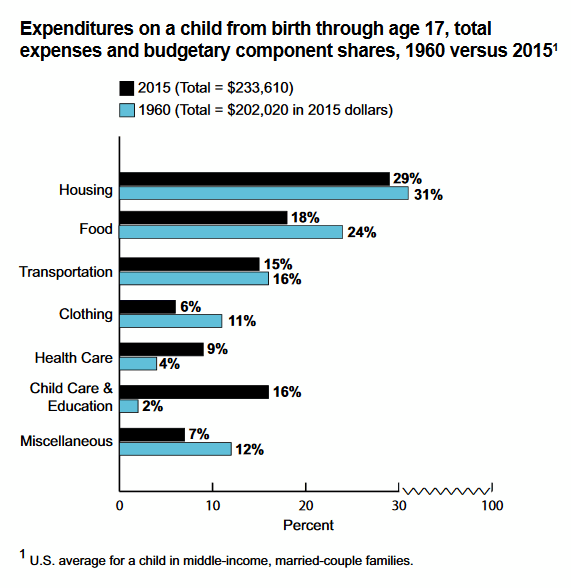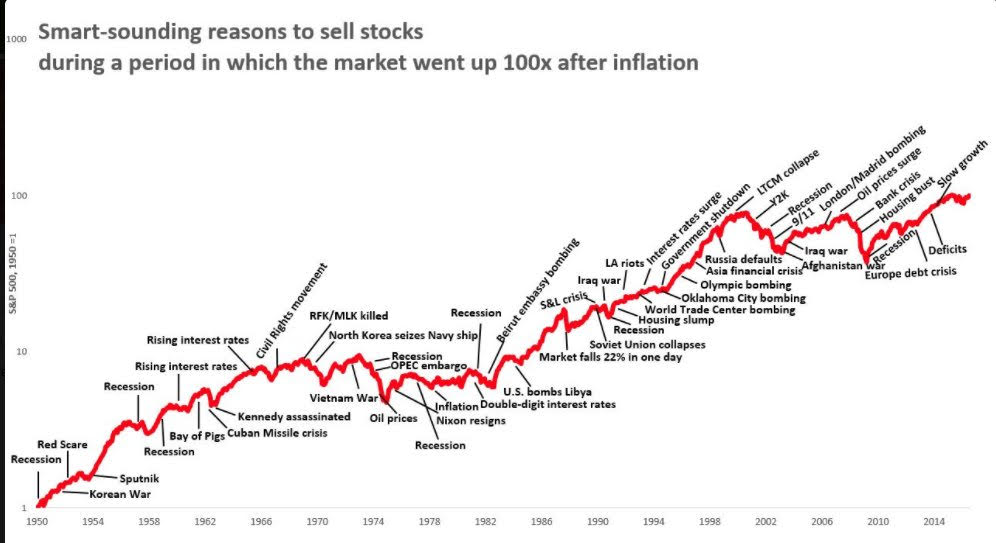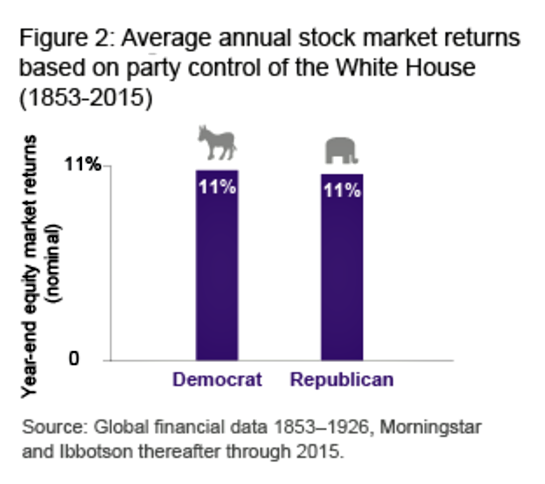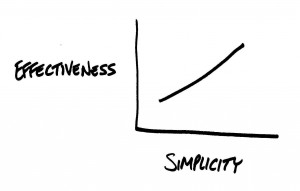10 Life Lessons We Learn Too Late
A few years ago someone on Quora.com asked the question, “What are the lessons people most often learn too late in life?” Jay Bazzinotti provided the following brilliantly insightful response:
1. Time passes much more quickly than you realize.
2. If you don’t take care of your body early then it won’t take care of you later. Your world becomes smaller each day as you lose mobility, continence and sight.
3. Sex and beauty may fade, but intimacy and friendship only grow.
4. People are far more important than any other thing in your life. No hobby, interest, book, work is going to be as important to you as the people you spend time with as you get older.
5. Money talks. It says “Goodbye.” If you don’t plan your finances for later in life, you’ll wish you had.
6. Any seeds you planted in the past, either good or bad, will begin to bear fruit and affect the quality of your life as you get older — for better or worse.
7. Jealousy is a wasted emotion. People you hate are going to succeed. People you like are going to sometimes do better than you did. Kids are going to be smarter and quicker than you are. Accept it with grace.
8. That big house you had to have becomes a bigger and bigger burden, even as the mortgage gets smaller. The cleaning, the maintenance, the stairs — all of it. Don’t let your possessions own you.
9. You will badly regret the things you didn’t do far more than the things you did that were “wrong” — the girl you didn’t kiss, the trip you didn’t take, the project you kept putting off, the time you could have helped someone. If you get the chance — do it. You may never get the chance again.
10. Every day you wake up is a victory.





